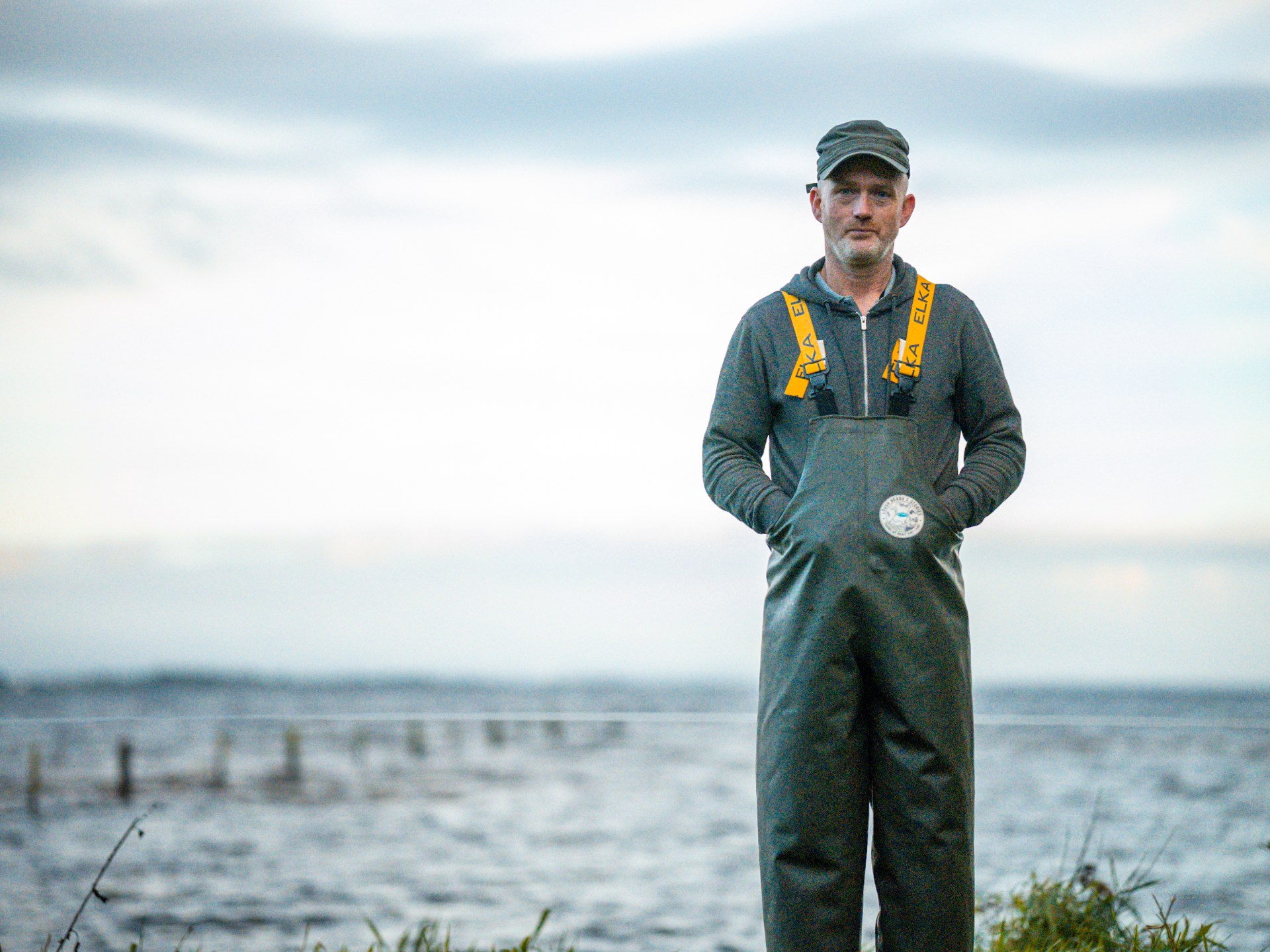UN chief warns nuclear weapons are ‘loaded gun’ for humanity
Humanity is playing with a “loaded gun” as crises with the potential for nuclear disaster proliferate worldwide, United Nations Secretary-General Antonio Guterres said in the Japanese city of Hiroshima on the 77th anniversary of the first atomic bomb attack.
The United States dropped the world’s first atomic bomb on Hiroshima on August 6, 1945, destroying the city and killing 140,000 people. It dropped a second atomic bomb three days later on Nagasaki, killing more than 70,000. Japan surrendered on August 15, 1945, ending World War II.
At an annual memorial on Saturday for the dropping of the first nuclear bomb, Guterres warned of the risk posed by crises in Ukraine, the Middle East and the Korean peninsula as he described the horrors endured in the Japanese city during World War II.
“Tens of thousands of people were killed in this city in the blink of an eye. Women, children and men were incinerated in a hellish fire,” the UN chief said.
“We must ask: What have we learned from the mushroom cloud that swelled above this city?”
Fears of a third atomic bombing have grown amid Russia’s threats of a nuclear attack since its war on Ukraine began in February.
Repeating warnings he made this week at a nuclear non-proliferation treaty conference in New York, Guterres said “crises with grave nuclear undertones are spreading fast”.
“Humanity is playing with a loaded gun,” he said.
‘People as instruments of war’
Before dawn, survivors and their relatives began to gather at Hiroshima’s Peace Memorial Park to pay tribute to the victims.
A silent prayer was held at 8:15am local time (23:15 GMT), the moment the bomb was dropped.
The Russian ambassador was not invited to the ceremony but visited Hiroshima on Thursday to lay flowers at the memorial site.
Since Russia invaded Ukraine in February, President Vladimir Putin has made thinly veiled threats hinting at a willingness to deploy tactical nuclear weapons.
Hiroshima Mayor Kazumi Matsui, in his peace declaration on Saturday, accused Putin of “using his own people as instruments of war and stealing the lives and livelihoods of innocent civilians in another country”.
Russia’s war on Ukraine is helping build support for nuclear deterrence, Matsui said, urging the world not to repeat the mistakes that destroyed his city 77 years ago.
Matsui cited Leo Tolstoy, the Russian author of War and Peace, saying: “Never build your happiness on the misfortune of others, for only in their happiness can you find your own.”
Three days after the Hiroshima bombing, Washington dropped a second atomic bomb on the Japanese port city of Nagasaki, killing about 74,000 people and leading to the end of World War II.
There are now fewer than 119,000 officially recognised survivors of the two nuclear attacks, according to Japanese government statistics from March.

The US remains the only country ever to have used nuclear weapons in conflict.
Saturday was the first time Guterres attended the Hiroshima memorial in person as UN chief, with a visit last year cancelled because of the COVID-19 pandemic.
The world continues to face threats from nuclear weapons, Japanese Prime Minister Fumio Kishida said at the memorial.
“I must raise my voice to appeal to the people around the world that the tragedy of nuclear weapons use should never be repeated,” he said. “Japan will walk its path toward a world without nuclear weapons, no matter how narrow, steep or difficult that may be.”
Critics say Kishida’s call for a nuclear-free world is hollow because Japan remains under the US nuclear umbrella and continues to boycott the Treaty on the Prohibition of Nuclear Weapons.
Kishida has said the treaty, which lacks the support of the US and other nuclear powers, is not realistic at the moment and that Japan needs to bridge the divide between non-nuclear and nuclear powers.
Many survivors of the atomic bombings in Japan have lasting injuries and illnesses resulting from the explosions and radiation exposure, and face discrimination in Japan.
The Japanese government began to provide medical support to certified survivors in 1968 after more than 20 years of effort by them.
As of March, 118,935 survivors, whose average age now exceeds 84 years, are certified as eligible for government medical support, according to the health ministry. But many others, including those who say they were victims of the radioactive “black rain” that fell outside of the initially designated areas, are still without support.




